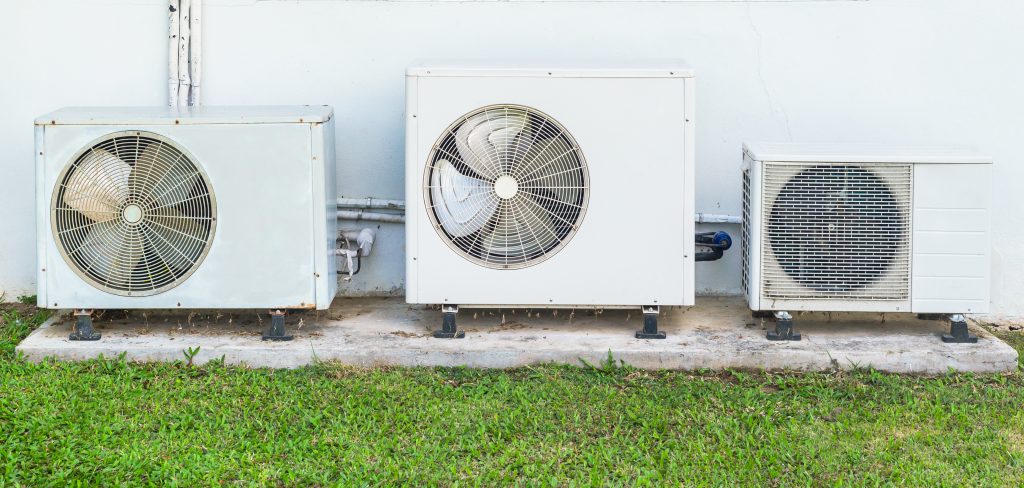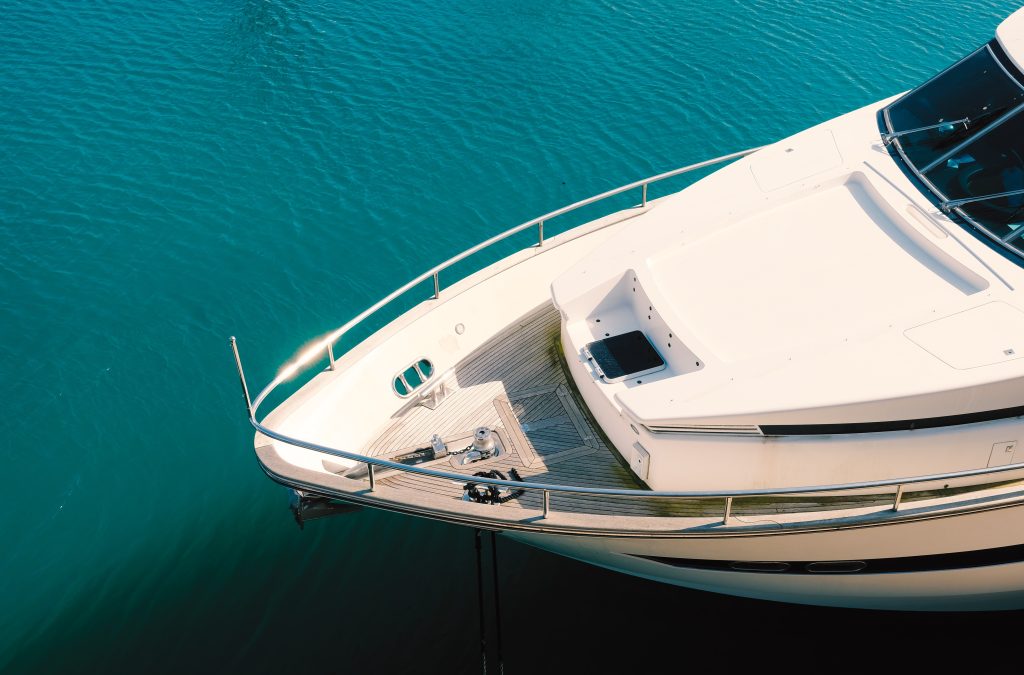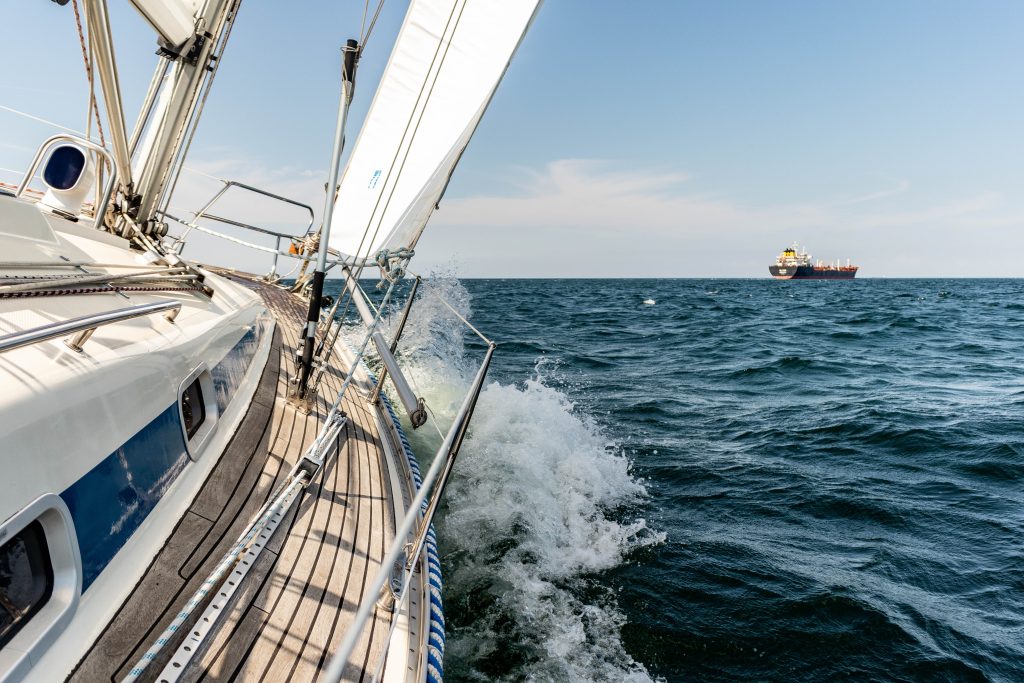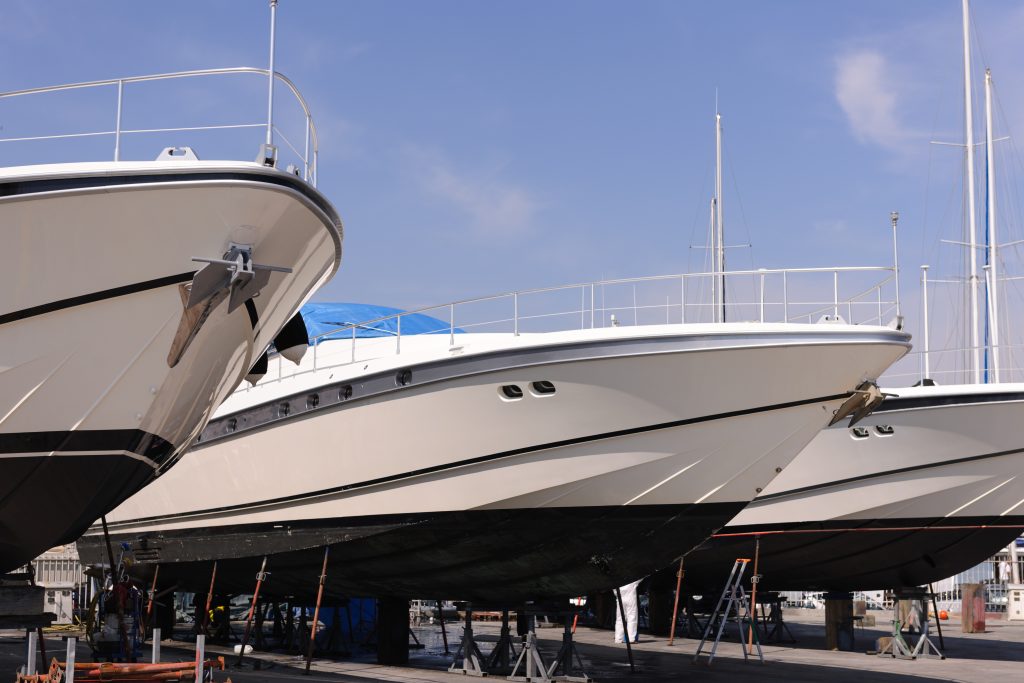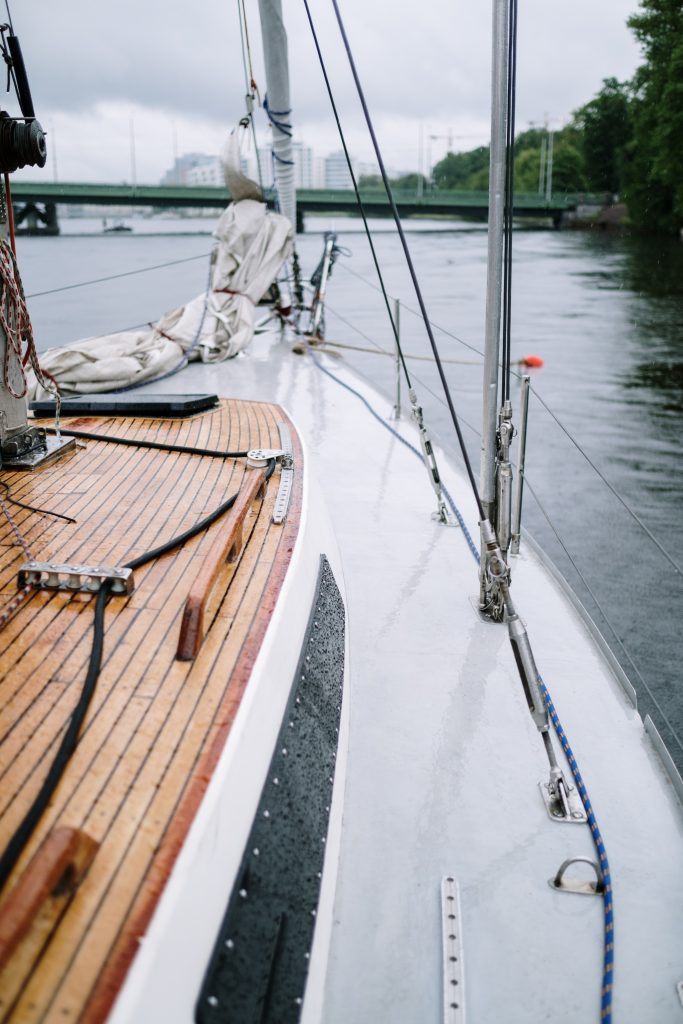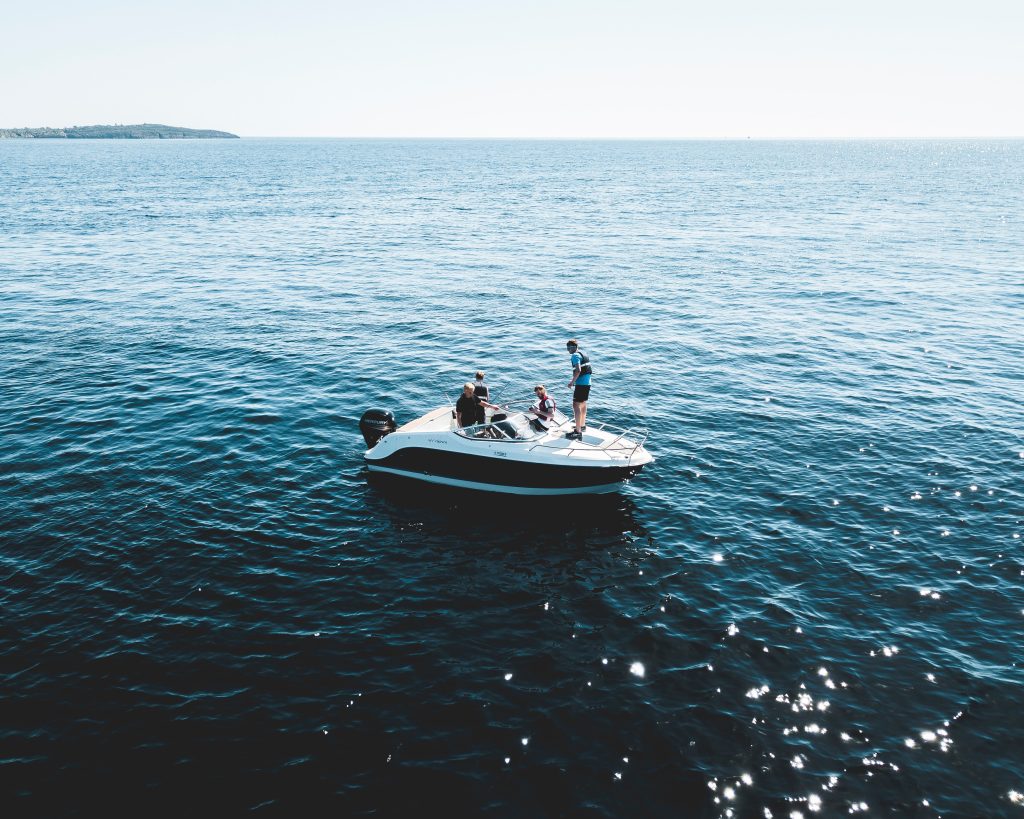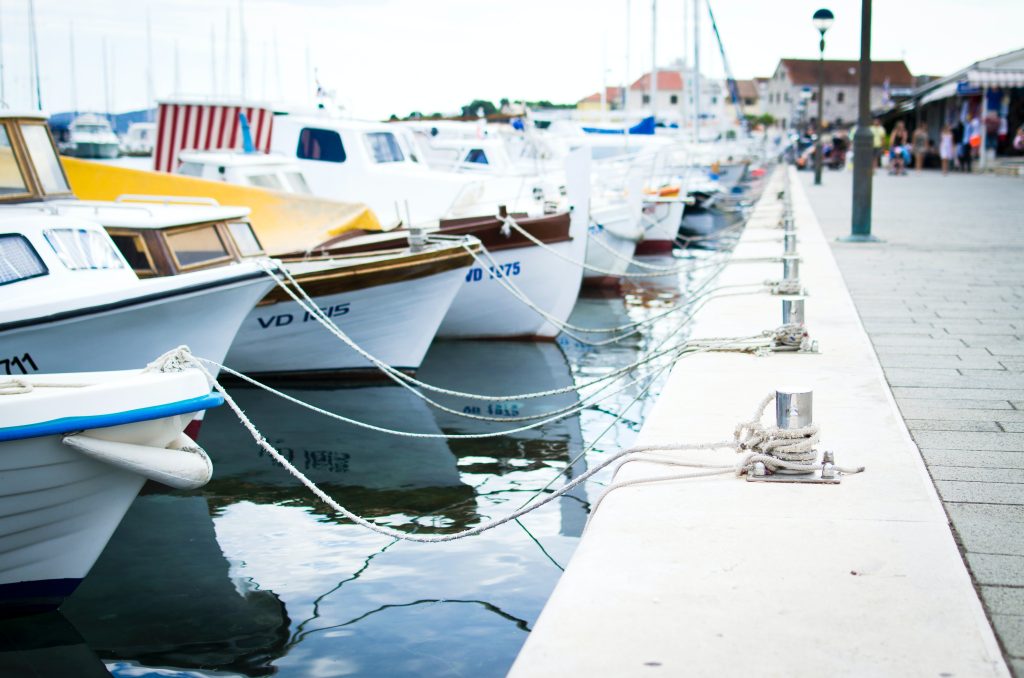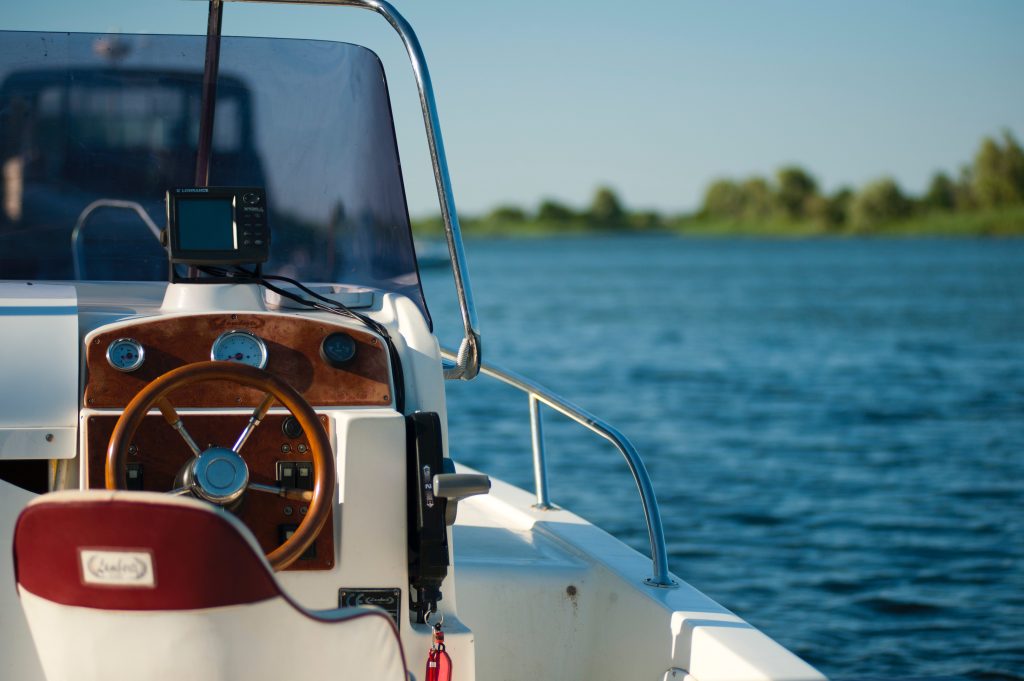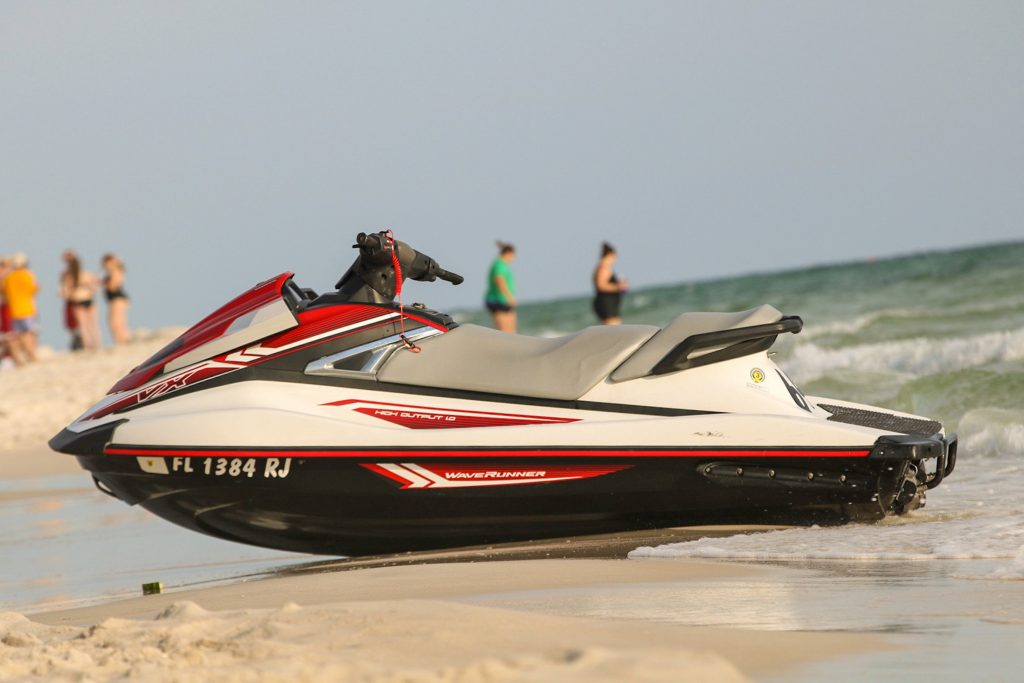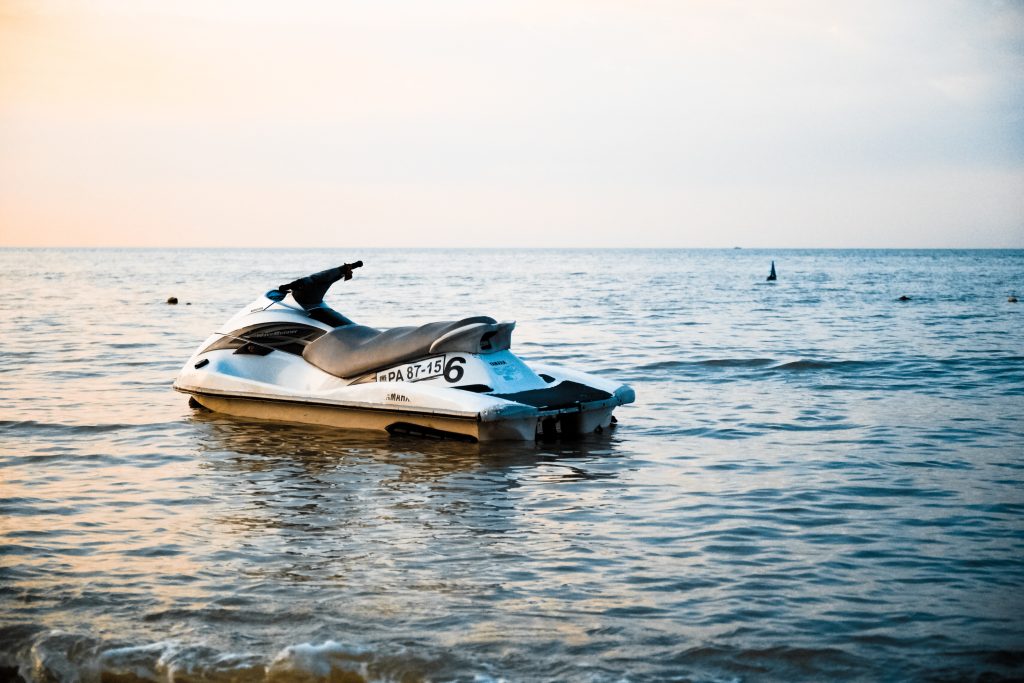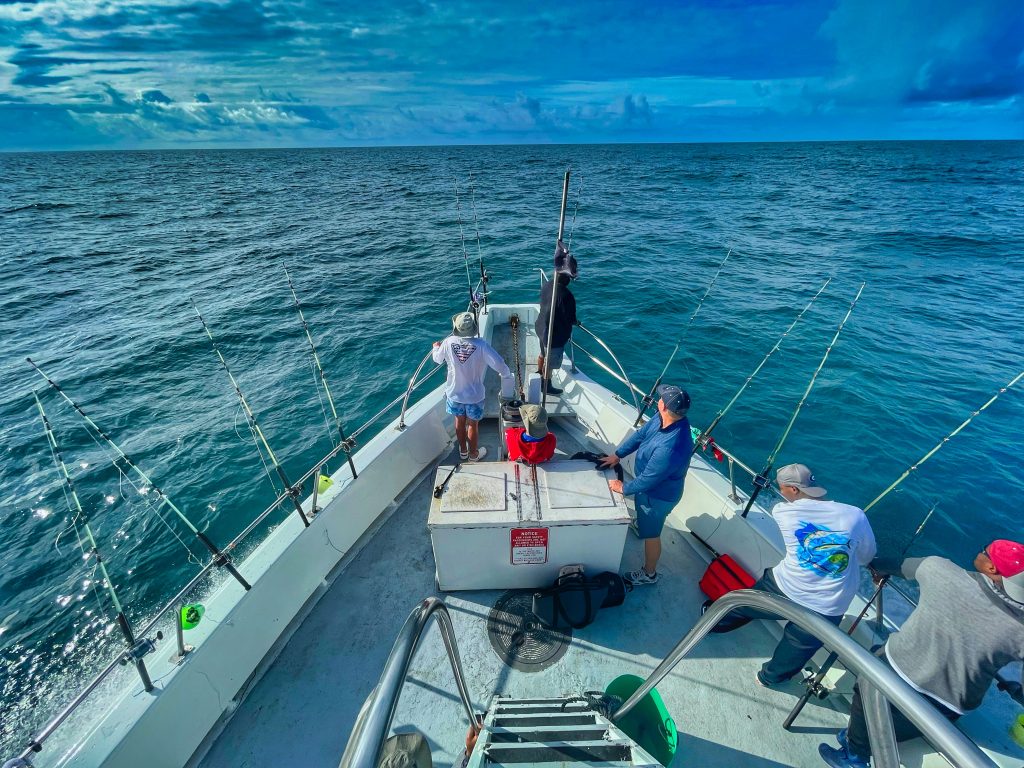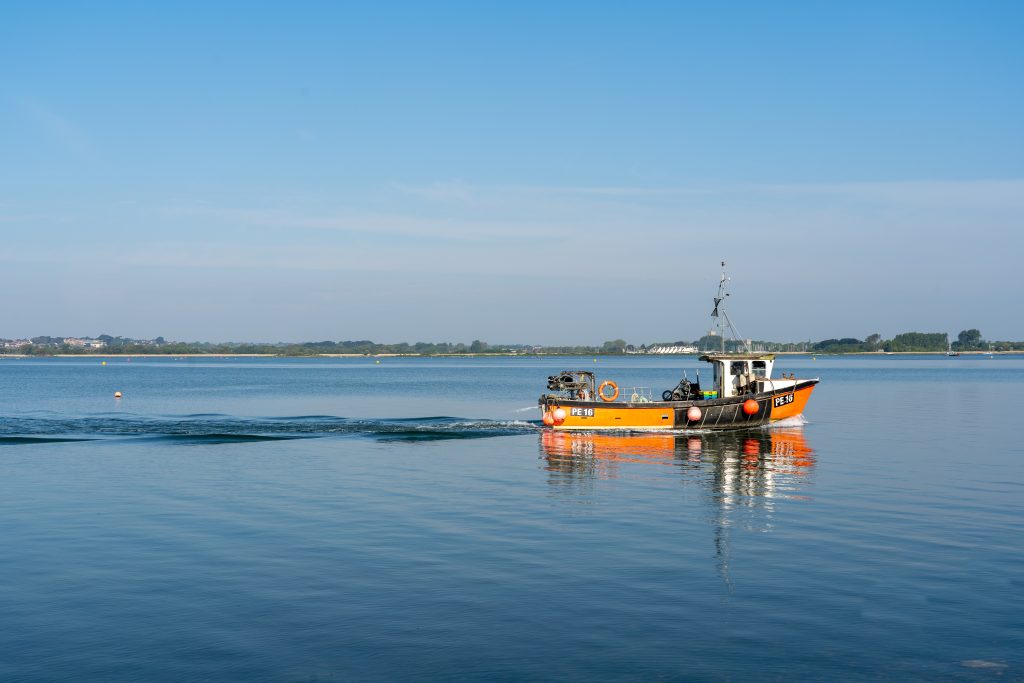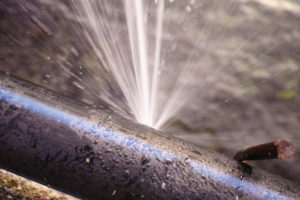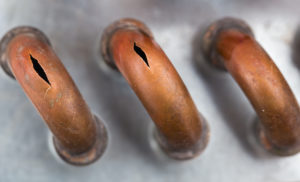
Air conditioning units are an essential part of many modern homes, providing cool comfort during the hot summer months. However, like any other home appliance, they can break down unexpectedly, leaving homeowners with expensive repair bills or the need for a full replacement. This leads many homeowners to wonder whether their homeowners insurance will cover the costs associated with repairing or replacing their air conditioning units. In this blog post, we’ll explore the details of homeowners insurance and whether it covers air conditioners.
What is Homeowners Insurance?
Homeowners insurance is a type of insurance that protects homeowners from financial losses due to damages or losses to their homes and personal property. Homeowners insurance typically covers damages from natural disasters, theft, vandalism, and other incidents. Additionally, it can also provide liability coverage, protecting homeowners from legal liability in case someone gets injured on their property.
Most homeowners insurance policies are divided into four primary coverage areas: dwelling coverage, personal property coverage, liability coverage, and additional living expenses. Dwelling coverage provides protection for the structure of the home, including walls, floors, and ceilings. Personal property coverage protects personal belongings within the home, such as furniture and appliances. Liability coverage protects homeowners from lawsuits related to property damage or injury. Finally, additional living expenses cover the costs of temporary housing and other expenses in case the home becomes uninhabitable.

Does Homeowners Insurance Cover Air Conditioners?
The answer to whether homeowners insurance covers air conditioners is not straightforward, as it depends on the circumstances surrounding the damage or loss. In general, homeowners insurance covers air conditioning units that are damaged or lost due to an event listed in the policy, such as a natural disaster, fire, or theft.
For example, if a hurricane damages the air conditioning unit on the roof of a home, the homeowners insurance policy would cover the cost of repairs or replacement. Similarly, if a thief steals the air conditioning unit, the insurance policy would cover the cost of a new unit.
However, if an air conditioning unit breaks down due to normal wear and tear, the homeowners insurance policy will not cover the cost of repairs or replacement. Additionally, if the air conditioning unit was damaged due to homeowner negligence or improper maintenance, the insurance policy will not cover the costs.
It’s also important to note that homeowners insurance policies have limits on coverage amounts. This means that the policy may only cover a portion of the cost of repairing or replacing the air conditioning unit, and the homeowner may be responsible for the remaining costs.
Homeowners insurance policies can also have exclusions that limit or exclude coverage for specific events or types of damages. For example, some policies may exclude coverage for damages caused by floods or earthquakes. Homeowners should review their policy documents carefully to understand what is and is not covered.

What About Optional Coverage?
Some homeowners may be able to add optional coverage to their insurance policy that specifically covers air conditioning units. This type of coverage is typically called “equipment breakdown coverage” or “mechanical breakdown coverage.” This coverage can provide protection for home systems and appliances, including air conditioning units, that break down due to normal wear and tear or mechanical failure.
Equipment breakdown coverage can also provide additional coverage for damages caused by power surges, motor burnout, and other types of electrical or mechanical failures. However, it’s important to note that this coverage is optional and comes with an additional cost. Homeowners should weigh the cost of the coverage against the potential cost of repairs or replacement to determine if it’s a worthwhile investment.
What Should Homeowners Do?
If homeowners experience damage or loss to their air conditioning unit, they should first review their homeowners insurance policy to determine if the damage or loss is covered. If the damage or loss is covered, homeowners should contact their insurance provider to file a claim.
The insurance provider will typically send out an adjuster to evaluate the damage and determine the cost of repairs or replacement. The adjuster will also review the policy to ensure that the damage or loss is covered under the policy terms.
If the damage or loss is not covered by the homeowners insurance policy, homeowners may need to pay for the repairs or replacement out of pocket. In this case, it’s important to obtain multiple quotes from reputable contractors to ensure that they are getting a fair price for the repairs or replacement.
Homeowners should also consider preventative maintenance to reduce the risk of their air conditioning unit breaking down due to negligence or lack of maintenance. This can include regular cleaning of the air filters, checking the unit for any signs of damage or wear and tear, and scheduling regular inspections with a licensed HVAC technician.
Contact Sound Choice Insurance
In conclusion, homeowners insurance may cover air conditioning units that are damaged or lost due to events listed in the policy. However, if the damage is due to normal wear and tear, negligence, or lack of maintenance, the insurance policy will not cover the costs. Homeowners can add optional coverage to their policy to specifically cover their air conditioning unit, but it comes with an additional cost.
Homeowners should review their homeowners insurance policy documents carefully to understand what is and is not covered. They should also consider preventative maintenance to reduce the risk of their air conditioning unit breaking down due to negligence or lack of maintenance. If homeowners do experience damage or loss to their air conditioning unit, they should contact their insurance provider to determine if they are covered and file a claim if necessary.
Not sure if your homeowners insurance will cover your air conditioner near the Morehead City, North Carolina area? Contact Sound Choice Insurance to have one of our expert agents look at your policy! We can make sure that your homeowners insurance has all of the coverage you need, including helping you find new coverage if necessary. Give us a call or stop by our office in Morehead City to get started.


